In Nairobi, the President of Rwanda stated that it is “in the interest of the world that marginalized Africa” to contribute to its development because, in a few decades, it will be the “only” continent with a “growing” middle class.
“Africa cannot wait for anyone else to give us this opportunity, so we must be at the forefront, fighting for this right, for ourselves, but also for what contributes to the well-being of the rest of the world,” said Paul Kagame at the high-level presidential dialogue event in the Kenyan capital, on the sidelines of the annual meetings of the African Development Bank.
“In a few decades, the only place in this world that will have a growing middle class will be Africa. Therefore, it is indeed in the interest of the rest of the world that marginalized Africa to contribute to the well-being of our continent. Because Africa’s growth, based on this middle class, fuels the growth of the rest of the world,” he explained, during a session that included the participation of a dozen African heads of state and government.
He added that “there are enormous resources” worldwide, but “distributed unevenly,” arguing that it is necessary to change “the current financial architecture” so that it “significantly and visibly includes the interests” of Africa.
The African Development Bank Group is the leading African development finance institution and is meeting in Nairobi until Friday to discuss “The Transformation of Africa, the African Development Bank Group, and the Reform of the Global Financial Architecture,” with the presence of 3,000 participants, including politicians, government officials, economists, and experts from various fields, from around the world.
These meetings include the 59th Annual Meeting of the Board of Governors of the African Development Bank and the 50th Meeting of the Board of Governors of the African Development Fund, taking place at the Kenyatta International Conference Center in Nairobi.
According to the AfDB, despite “sustained economic growth over the last two decades, Africa’s economic transformation remains incomplete.” The continent’s real Gross Domestic Product (GDP) grew by 4.3% per year between 2000 and 2022, “compared to the global average of 2.9%, and many of the world’s ten fastest-growing economies were located in Africa.”
“Despite this solid growth performance, the structure of African economies has not changed significantly in the last two decades, with the sectors of agriculture, industry, and services representing, on average, 16, 33, and 51%, respectively, of Africa’s total GDP between 2000 and 2022. These levels are similar to those recorded in the 1990s,” the institution recalls.
Also, employment in manufacturing “has been decreasing due to premature deindustrialization,” since “despite the increase in the number of jobs,” from 20.2 million in 2000 to 33.3 million in 2021, “the sector contributes less than 10% of total employment.”
The AfDB Group has 81 member states, including 53 African countries and 28 countries outside the continent, including Portugal and Brazil.

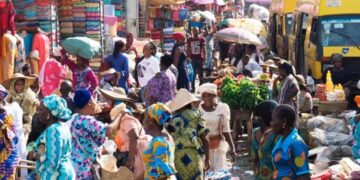



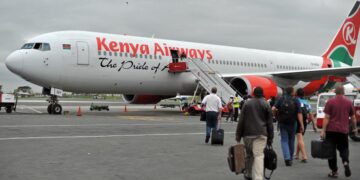


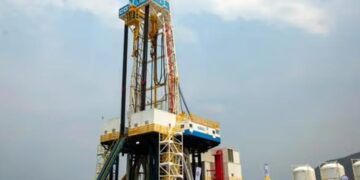
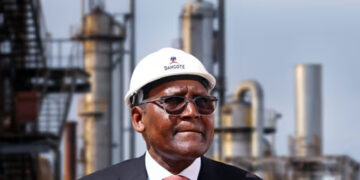
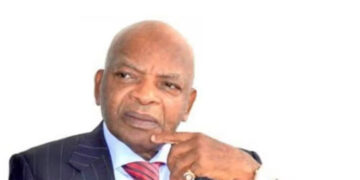
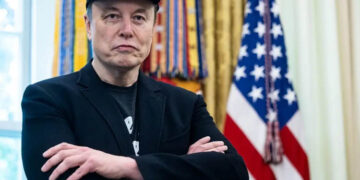


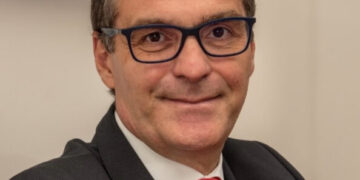



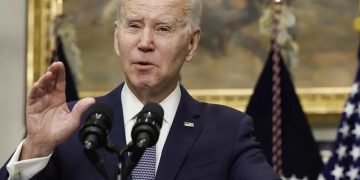
![[Kenya] Digital credit provider Tala disbursed Sh240 billion in loans in eight years 19 [Kenya] Digital credit provider Tala disbursed Sh240 billion in loans in eight years](https://theafricanbusiness.com/wp-content/uploads/2023/02/TALA-APP-360x180.jpg)













